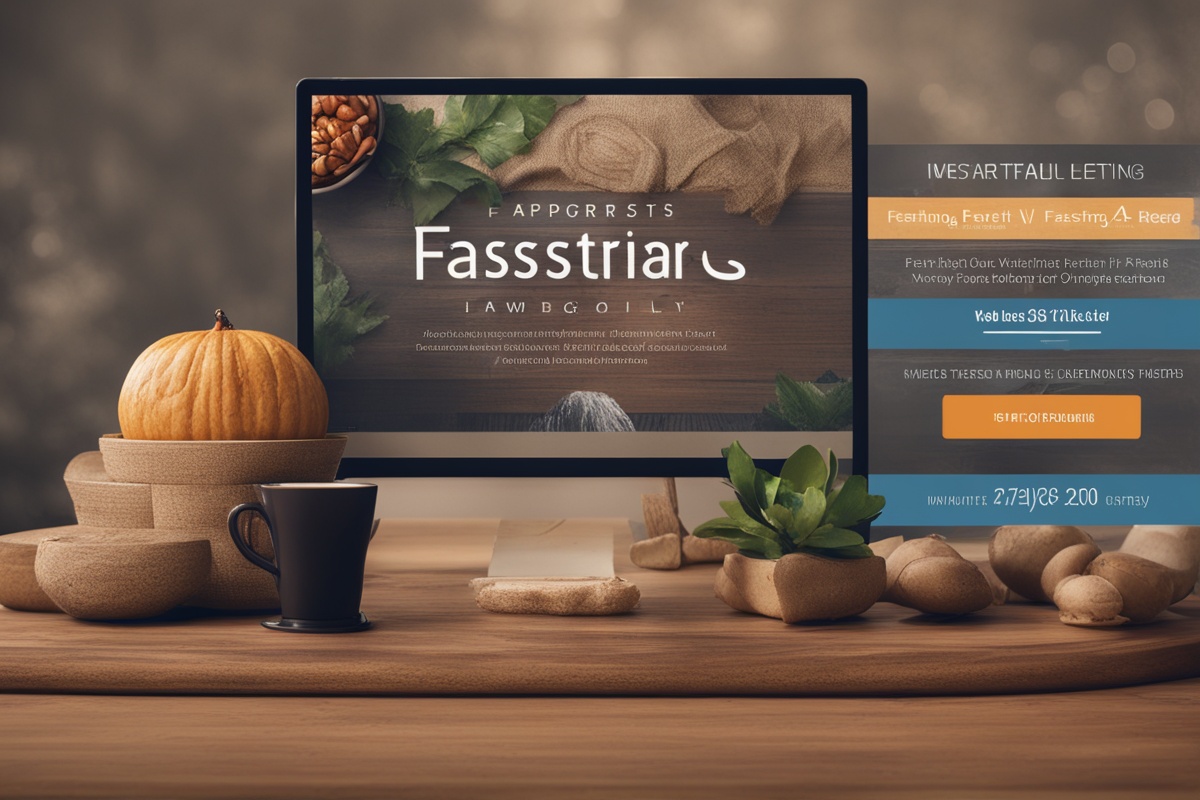Have you ever considered stepping away from the hustle and bustle of daily life to focus on your health and well-being? Fasting retreats offer a unique opportunity to do just that, combining the ancient practice of health fasting with structured environments designed for rejuvenation. Whether you’re a seasoned faster or just curious about the benefits of fasting for health, these retreats provide a supportive space to reset your body and mind. In this comprehensive guide, we’ll explore what fasting retreats are, their benefits, what to expect, and how to choose the right one for your wellness journey. Let’s dive into the world of fasting retreats and uncover how they can transform your approach to health!
What Are Fasting Retreats and Why Choose Them for Health Fasting?
Fasting retreats are immersive programs, often held in serene locations like mountains or coastal areas, where participants engage in guided fasting under professional supervision. These retreats focus on health fasting
The Science Behind Health Fasting and Its Benefits
Fasting isn’t just a trend; it’s backed by a growing body of research highlighting its impact on health. health fasting triggers a state called ketosis, where the body burns fat for fuel instead of glucose, potentially aiding weight loss and improving insulin sensitivity (Anton et al., 2018). Studies also suggest that fasting can promote autophagy—a cellular “clean-up” process that removes damaged cells and may reduce the risk of chronic diseases (Bagherniya et al., 2018). Beyond physical benefits, fasting at retreats often improves mental clarity and reduces stress, thanks to the combination of calorie restriction and a peaceful environment. Participants report feeling more energized and focused post-retreat, aligning with research on fasting’s effects on brain health (Mattson et al., 2017). While results vary, the science points to fasting as a powerful tool for wellness when done safely.
What to Expect During a Fasting Retreat
Walking into a fasting retreat can feel like stepping into a new world, especially if you’re new to health fasting. Most programs last anywhere from 3 to 14 days and follow a structured schedule. You’ll likely start with a pre-fast phase, where solid foods are gradually reduced to prepare your body. During the fasting period, you might consume water, herbal teas, or low-calorie broths, depending on the retreat’s protocol. Post-fast, there’s a refeeding phase to ease back into regular eating. Beyond fasting, expect daily activities like guided meditation, light exercise, and educational workshops on nutrition and wellness. Medical staff are often on-site to monitor vital signs, ensuring safety. While hunger pangs and fatigue are common in the first few days, many participants find their energy levels rebound as the body adapts.
- Initial Consultation: A health assessment to tailor the fasting plan to your needs.
- Daily Monitoring: Regular check-ins with staff to track blood pressure, hydration, and overall well-being.
- Supportive Therapies: Options like massage or acupuncture to ease discomfort and enhance relaxation.
- Group Dynamics: Sharing the experience with others can boost motivation and emotional support.
How to Choose the Right Fasting Retreat for Your Goals
Not all fasting retreats are created equal, so finding one that aligns with your goals for health fasting is key. Start by considering the type of fast offered—water fasting, juice fasting, or intermittent fasting—and whether it matches your experience level. Location matters too; a tranquil setting can enhance the mental benefits of fasting. Look for retreats with certified medical staff and positive reviews from past participants. Budget is another factor, as costs can range from a few hundred to several thousand dollars depending on duration and amenities. Finally, check if the retreat offers post-program support, like meal plans or follow-up consultations, to help maintain the benefits of your fasting journey.
- Research Credentials: Ensure the retreat has qualified professionals overseeing the program.
- Read Testimonials: Look for feedback on websites or forums to gauge participant experiences.
- Assess Duration: Choose a length that fits your schedule and comfort level with fasting.
- Check Inclusions: Confirm what’s covered—meals (if any), lodging, and additional therapies.
- Ask About Safety: Verify emergency protocols and staff availability for medical concerns.
Practical Tips for a Successful Fasting Retreat Experience
Embarking on a fasting retreat can be transformative, but preparation and mindset play a huge role in your success with health fasting. Before you go, ease into the process by reducing caffeine, sugar, and processed foods a week or two prior—this can minimize withdrawal symptoms. Pack comfortable clothing and personal items, as retreats often emphasize simplicity. During the retreat, listen to your body; if you feel unwell, don’t hesitate to speak with staff. Hydration is critical, so sip water regularly even if you’re not thirsty. Post-retreat, resist the urge to binge—start with light, nutrient-dense foods like soups and vegetables to avoid digestive issues. Remember, fasting is as much a mental journey as a physical one, so approach it with patience and an open mind.
Potential Risks and How Retreats Mitigate Them
While health fasting offers numerous benefits, it’s not without risks, especially if done improperly. Potential side effects include dizziness, headaches, and electrolyte imbalances, particularly during prolonged fasts (Johnstone, 2015). Certain groups, like pregnant women or those with chronic conditions, should avoid fasting unless cleared by a doctor (Varady & Hellerstein, 2007). Fasting retreats mitigate these risks by providing medical supervision and personalized plans. Staff monitor participants for signs of distress and adjust protocols as needed. Educational sessions also teach safe fasting practices, ensuring you leave with knowledge to continue your wellness journey at home. Always consult your healthcare provider before joining a retreat to confirm it’s suitable for your health status.
As we’ve explored, fasting retreats offer a powerful way to embrace health fasting and unlock its benefits for body and mind. From the science-backed advantages like improved metabolic health to the serene, supportive environment of a retreat, this experience can be a game-changer for anyone seeking a wellness reset. Whether you’re looking to shed stress, boost energy, or simply learn more about fasting for health, a retreat provides the tools and guidance to do so safely. So, why not take the leap? Research a reputable fasting retreat, prepare thoughtfully, and embark on a journey that could redefine your relationship with health. Your body—and mind—might just thank you for it.
References
- Anton, S. D., Moehl, K., Donahoo, W. T., Marosi, K., Lee, S. A., Mainous, A. G., … & Mattson, M. P. (2018). Flipping the metabolic switch: Understanding and applying the health benefits of fasting. Obesity, 26(2), 254-268. https://doi.org/10.1002/oby.22065
- Bagherniya, M., Butler, A. E., Barreto, G. E., & Sahebkar, A. (2018). The effect of fasting or calorie restriction on autophagy induction: A review of the literature. Ageing Research Reviews, 47, 183-197. https://doi.org/10.1016/j.arr.2018.08.004
- Johnstone, A. (2015). Fasting for weight loss: An effective strategy or latest dieting trend? International Journal of Obesity, 39(5), 727-733. https://doi.org/10.1038/ijo.2014.214
- Mattson, M. P., Longo, V. D., & Harvie, M. (2017). Impact of intermittent fasting on health and disease processes. Ageing Research Reviews, 39, 46-58. https://doi.org/10.1016/j.arr.2016.10.005
- Sohal, R. S., & Weindruch, R. (1996). Oxidative stress, caloric restriction, and aging. Science, 273(5271), 59-63. https://doi.org/10.1126/science.273.5271.59
- Varady, K. A., & Hellerstein, M. K. (2007). Alternate-day fasting and chronic disease prevention: A review of human and animal trials. American Journal of Clinical Nutrition, 86(1), 7-13. https://doi.org/10.1093/ajcn/86.1.7






